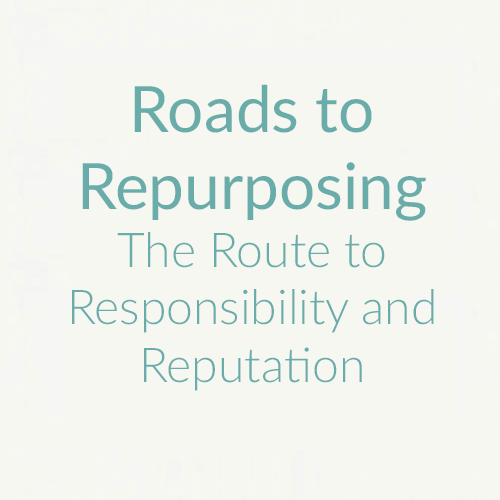Roads to Repurposing: The Route to Responsibility and Reputation
1. REPURPOSING THE CHALLENGE
Corporate purpose is a concept that has risen up the agenda over the past decade. The idea that companies should have a clear purpose is not new. But since the 2008 recession, there has been a growing sense among executive teams that they should be able to articulate a shared understanding of why the firm exists and what the role of the business within larger society should be.
At the same time, business responsibility has gone mainstream as a boardroom priority. Moving beyond Corporate Social Responsibility (CSR), responsible businesses are now responding to a broadening and deepening of the concept of corporate governance – both directors and shareholders are now being held responsible not only for the financial performance of the company, but also for its social, economic and environmental impact. The 2019 Business in the Community Responsible Business Tracker reports that although 72% of companies have started to formally engage employees and senior leaders to identify and prioritise responsible business issues, only 16% have embedded this in their risk register or in their strategic business objectives.
Part of this reflects the growing interest of businesses in reputation – not merely for branding purposes, but also because of the rising importance of intangible assets and stakeholder support to businesses today.
- Fill out an application Our membership manager will assess your eligibility against our criteria.
- Complete your profileIf you are eligible for membership you will be asked to answer a few questions about yourself.
- PaymentYou can make payment online using a card or request an invoice.

